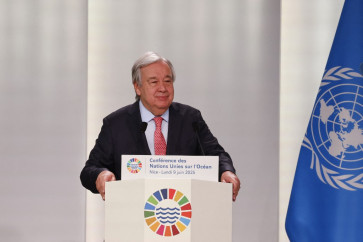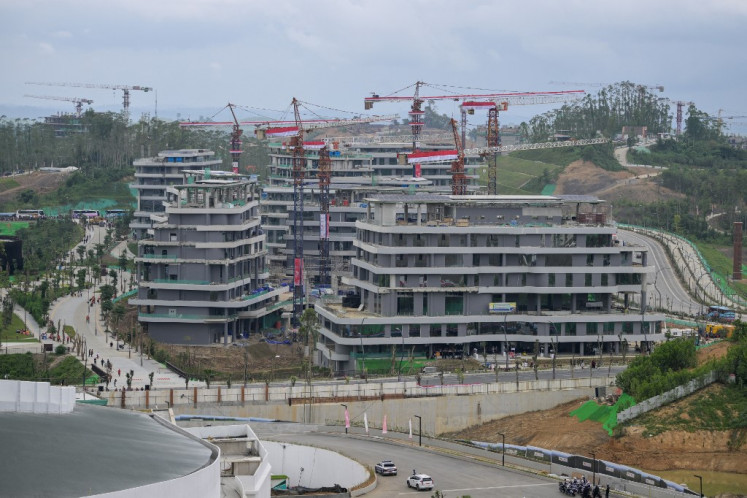Living in a big city makes you happier, study suggests
According to chartered mediator Dr. Jeanette Bicknell, the ability to keep yourself occupied every day is linked to greater satisfaction.
Change text size
Gift Premium Articles
to Anyone
 At a certain point, people’s happiness works hand-in-hand with how they spend their lives, not how much money they are making. (Shutterstock/File)
At a certain point, people’s happiness works hand-in-hand with how they spend their lives, not how much money they are making. (Shutterstock/File)
W
hile living in the fast lane can be a little overwhelming when not managed correctly, new research has shown that leading a busy life in equally busy surroundings can actually boost your happiness.
According to chartered mediator Dr. Jeanette Bicknell, the ability to keep yourself occupied every day is linked to greater satisfaction.
“Among individuals in a society, busyness -- or the feeling of busyness -- seems to be an important factor in well-being,” Bicknell wrote in a blog post. “In studies in the United States, the happiest people reported that they were busy, in the sense that they had little excess time, yet did not feel rushed.”
“Like city dwellers, they seemed to thrive at a faster pace.”
Read also: Unmarried Indonesians happier than those who have tied the knot
She cited a study conducted by Robert Levine from California State University Fresno and his team, which examined the pace of large cities in 31 countries. It was found by the team that there was a positive correlation between an individual’s pace of life and their country’s economy.
Another 2017 study from Oxford University found that amongst the 419,562 individuals surveyed, people living in higher-density cities are more likely to be happy than their counterparts in the country or the suburbs.
Still, Bicknell writes that at a certain point, people’s happiness works hand-in-hand with how they spend their lives, not how much money they are making.
“According to the ‘Easterlin paradox’ -- named after economist Richard Easterlin -- once people have enough money to meet their basic needs, having more money is not necessarily correlated with higher self-reported happiness.” (sul/kes)









